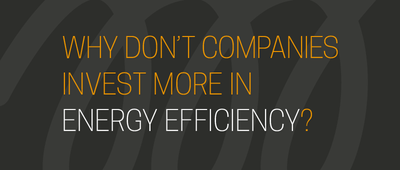Global inequality must fall to maintain a safe climate and achieve a decent standard of living for all – it’s a huge challenge
(The Conversation, 14 Feb 2023) Energy consumption is essential for human wellbeing, but there is enormous inequality in energy use worldwide. The top 10% of global energy consumers use roughly 30 times more energy than the bottom 10%.
Our energy use also drives climate change. So to maintain a safe climate, we may have to use less energy in the future. Achieving this while ensuring that everyone enjoys a decent standard of living may require drastic reductions in global energy inequality.
In a recent study, we modelled how much energy inequality would have to reduce to secure human wellbeing and climate safety. We found that the gap in energy consumption between the world’s lowest and highest energy consumers would have to reduce eight-fold by 2050.
But if current energy inequalities remain, more than 4 billion people in the global south and over 100 million in the global north will be unable to enjoy a decent standard of living by 2050. The global south refers to countries in Asia, Africa and Latin America while the global north consists of countries typically thought of as the “developed” western world, with the inclusion of richer Asian countries such as Japan, South Korea and Singapore.







